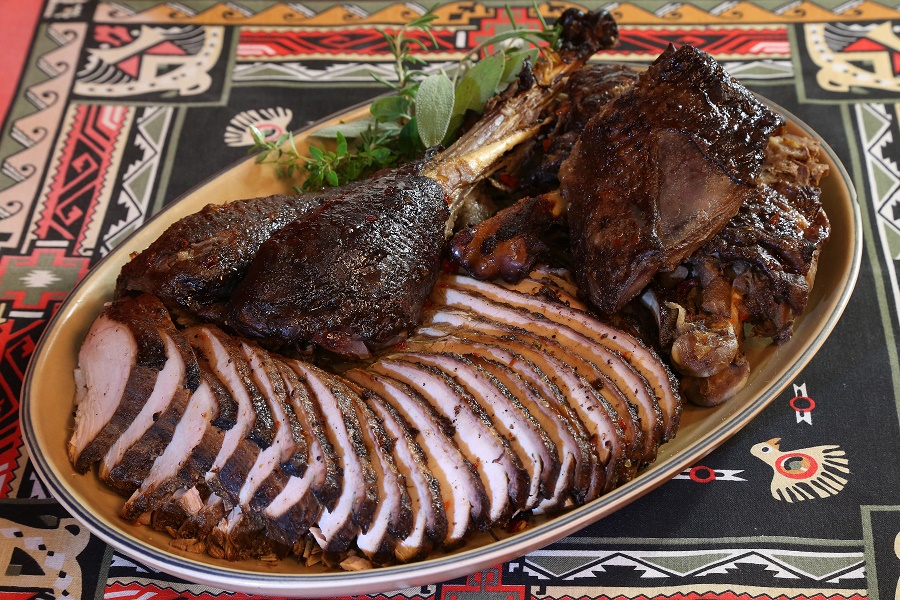
Wild turkey cooked and ready to enjoy.
This is Passport to Texas
Don’t give up on eating wild game and fish because you think it tastes funny.
Most wild game and fish, if it’s off-tasting, is ruined between the kill and the kitchen, and not in the kitchen, itself.
Susan Ebert is a hunter, angler, forager and cook; she wrote the book Field to Table, a guide to growing, procuring, and preparing seasonal foods—including wild proteins.
As good as the recipe might be, unless people know how to care for that game from the time it’s harvested, to the time that they’re ready to cook with it, they’re going to be disappointed with the results.
Starts with a clean kill, proper field dressing and getting everything on ice as soon as possible. Once you have the meat at home…
Venison and wild duck—I will dry age those. Maybe 48 hours. Set them over a drip pan, on a rack. And let them just dry age in the refrigerator uncovered, with air circulating around them.
Ebert recommends brining rabbit and feral hog; brine can be as simple as sugar and salt dissolved in water.
Let that brine for a couple of days. Then, sear it over the grill and then either move it over indirect heat or put in it the smoker at a low temperature…
Until it is succulent. Find a recipe from Susan Ebert’s book Field to Table at passporttotexas.org
For Texas Parks and Wildlife…I’m Cecilia Nasti.
Redbud Blossom Jelly
Yields 6 half-pints
Ingredients
- About a gallon ZipLoc bag of rebud blossoms
- 5 tablespoons fresh lemon juice, strained
- 5 teaspoons Pomona Pectin© calcium water
- 5 teaspoons Pomona Pectin© pectin powder
- 2 1/2 cups organic sugar
Instructions
- Rinse and drain the redbud blossoms, and pick out any wooden stems and bugs. Pack loosely into a half-gallon container with a tightly fitting lid and cover completely with boiling water. Let cool to room temperature, then refrigerate overnight.
- Strain through a fine mesh sieve or double cheesecloth in the morning, pressing lightly with a wooden spoon (don’t squeeze too hard, or you will get a bitter flavor).
- Add water, if necessary, to make 5 cups redbud juice. Pour into a large stockpot, and add the lemon juice and calcium water.
- Prepare your hot-water-bath canner, and wash 6 half-pint jars, lids, and bands in hot, soapy water. When the canner begins to boil, put the jars in it so they stay hot. Heat the lids and bands in a small saucepan; do not boil.
- Combine the sugar and pectin powder in a small bowl, and stir thoroughly to blend. Bring the juice to a full boil over high heat, then drift in the sugar/pectin mixture a bit at a time, stirring vigorously. Continue to stir until the mixture comes to a second boil.
- Pour into jars, release bubbles with a plastic spatula, affix lids, and finger-tighten bands. Process for 10 minutes. Turn off heat and let the jars remain in the canner for 5 minutes. Remove them to a folded towel, and let sit overnight to completely set up.
- Store for up to a year in a cool, dark place.
Recipe from Susan Ebert, The Field to Table Cookbook
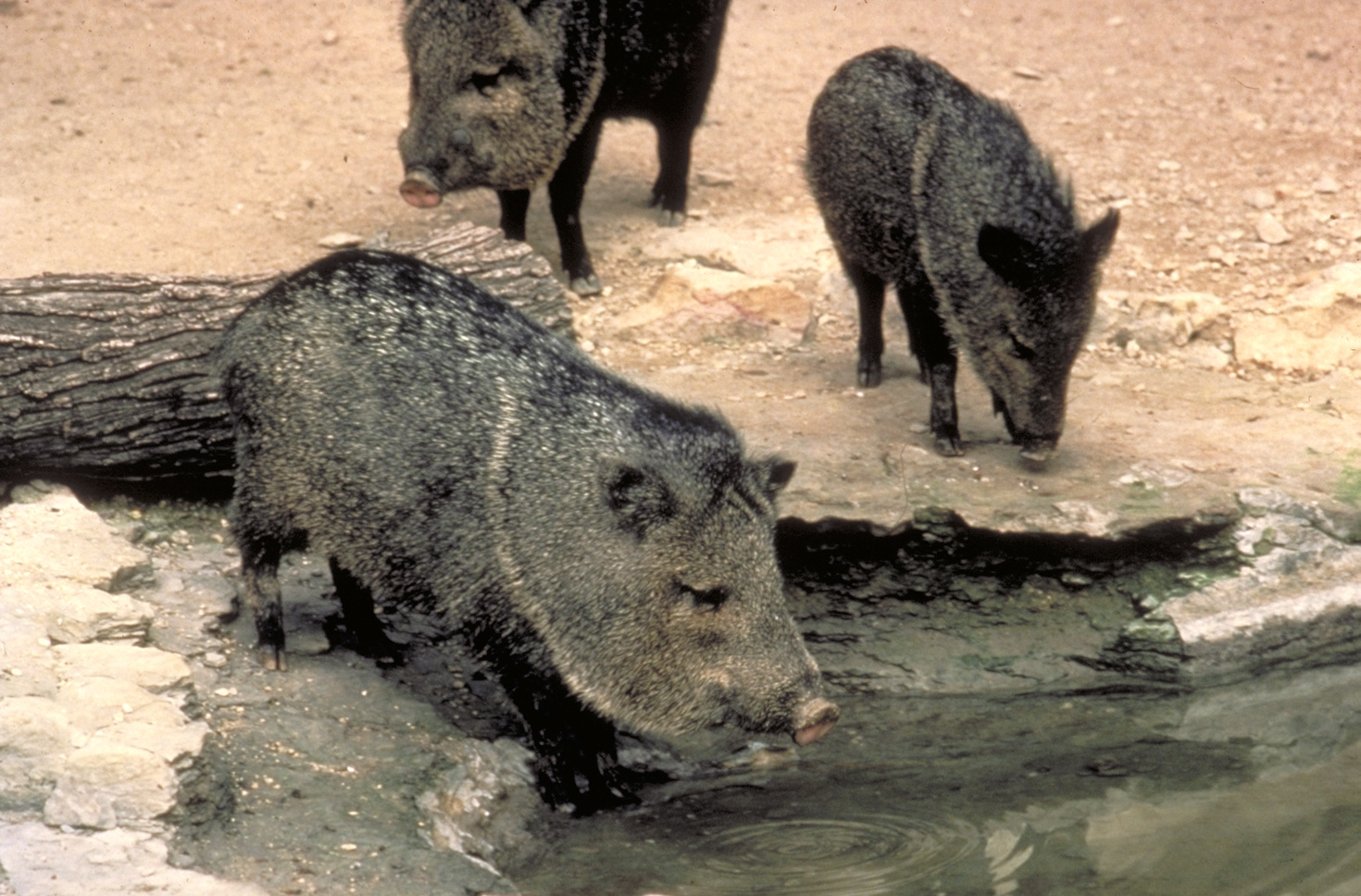


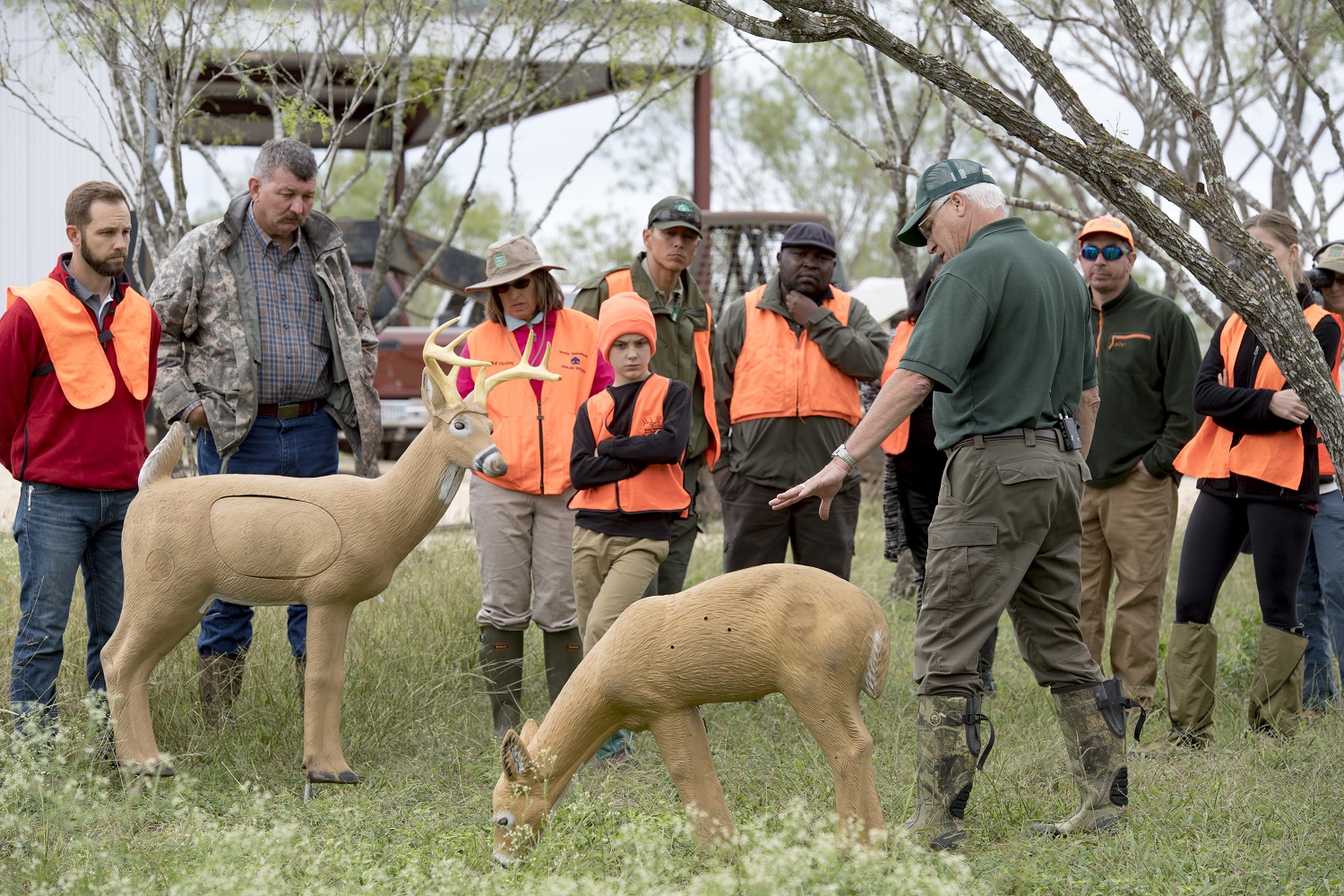
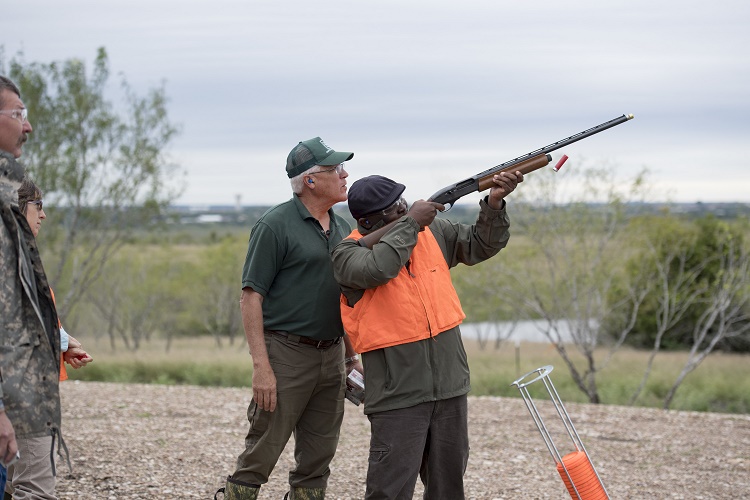
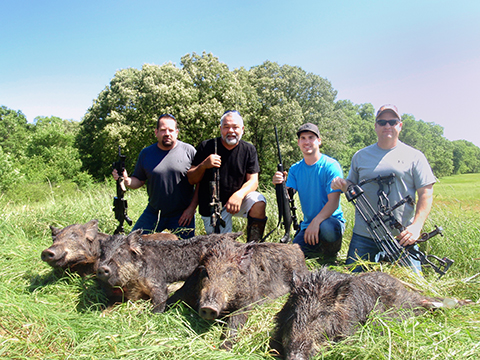

 Passport to Texas is a
Passport to Texas is a  Passport to Texas is made available by:
Passport to Texas is made available by: